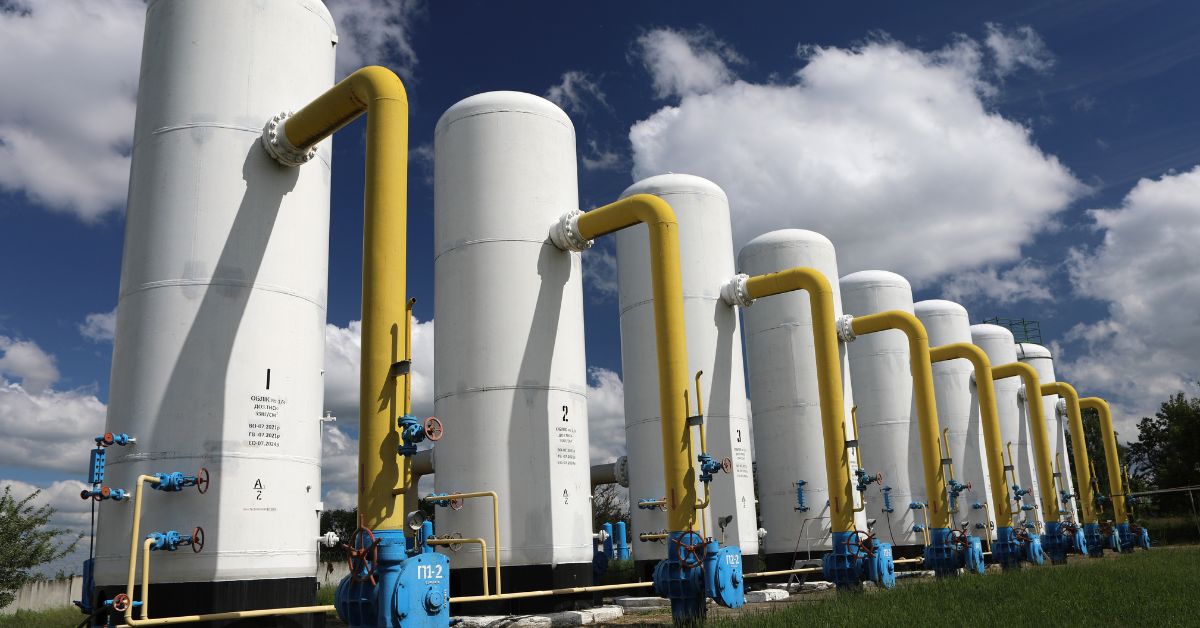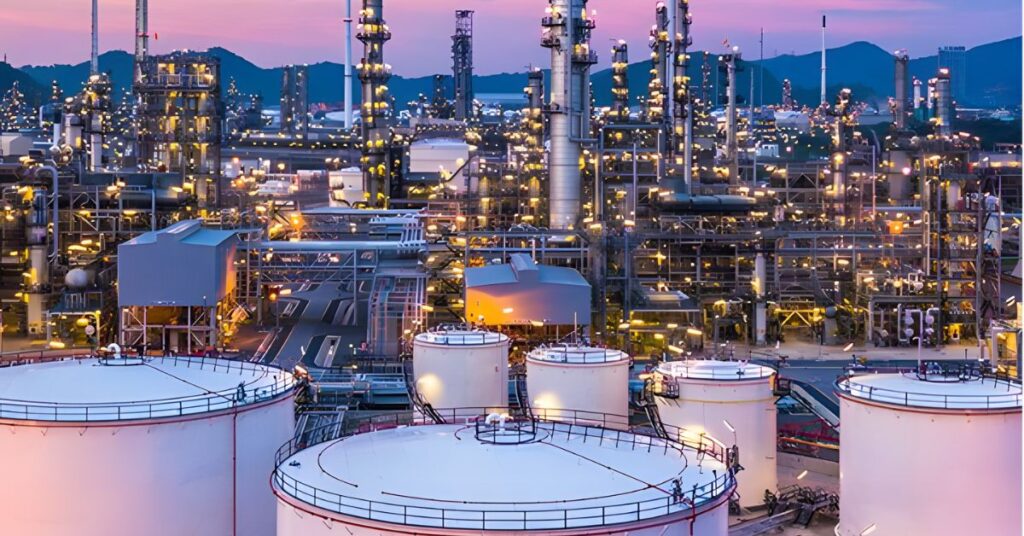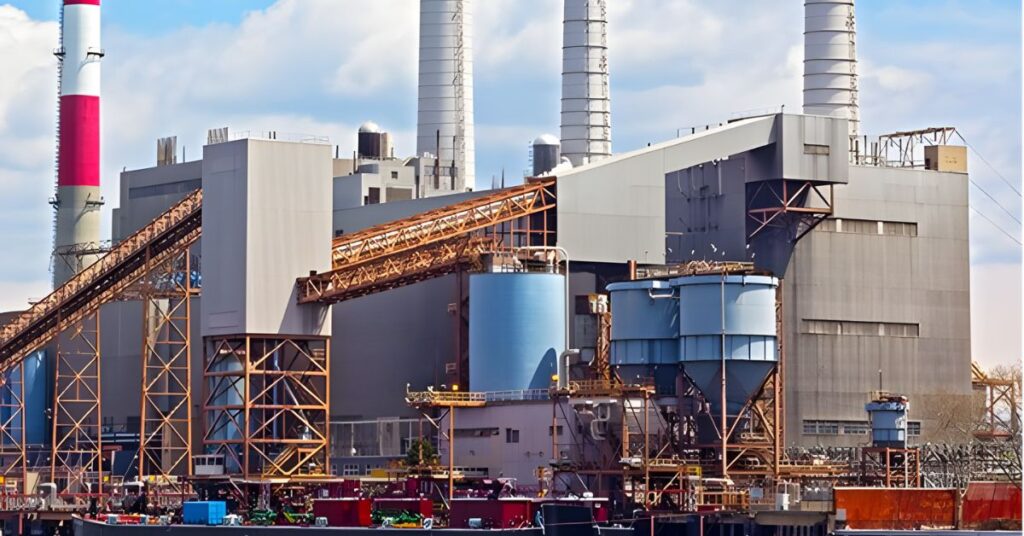The Ultimate Guide to Gas Boosters: What You Should Know

Some industries need a way to increase gas pressure to move it through pipelines or for use in machinery. There are several methods for boosting gas pressure, but one of the most efficient and reliable options is a gas booster.
If you work in an industry like oil and gas, chemical processing, or aerospace and require a reliable way to boost gas pressure, you may be considering investing in a gas booster. To help you understand the basics of gas boosters and how they can benefit your business, we’ve put together this useful guide.
What Are Gas Boosters?
Gas boosters are mechanical devices that compress gases to increase their pressure. They work by taking in a low-pressure gas and compressing it to a higher pressure using various mechanisms such as pistons, diaphragms, or rotary screws. Industries such as oil and gas, manufacturing, aerospace, and automotive commonly use gas boosters.
Some of the most common types of gas boosters include reciprocating gas boosters, rotary screw gas boosters, and diaphragm gas boosters. Reciprocating gas boosters use a piston to compress the gas, while rotary screw gas boosters use two rotors to compress the gas. Finally, diaphragm gas boosters use flexible membranes to displace the gas.
How Do Gas Boosters Work?

Gas boosters operate based on Boyle’s Law, which states that at a constant temperature, the pressure and volume of a gas are inversely proportional. This means that decreasing the volume of a gas will cause its pressure to increase.
In simple terms, gas boosters work by trapping a certain amount of gas in a chamber and then decreasing the size of this chamber using various mechanisms such as pistons or rotors. As the chamber decreases in size, it compresses the trapped gas, which increases its pressure.
Why Are Gas Boosters Important?
Gas boosters aren’t the only pieces of equipment that can increase gas pressure. Compressors, for example, can also increase gas pressure through a different mechanism. But gas boosters offer a few unique benefits that make them essential in certain industries and applications.
They Can Achieve High Pressure Ratios
One of the main advantages of gas boosters is their ability to achieve high pressure ratios. A high pressure ratio allows the booster to compress a gas from a very low pressure to a very high pressure, making it useful for applications requiring extremely high pressure.
They’re Compact and Portable
Gas boosters are also compact and portable. You can easily transport them to remote locations or use them in confined spaces where larger equipment may not fit. This makes them a popular choice for applications involving nitrogen and other inert gases that need on-site compression.
They Can Handle Different Types of Gases
Gas boosters can handle a wide variety of gases, including air, hydrogen, and nitrogen. If you work in an industry that deals with multiple types of gases, investing in a gas booster can save you the hassle and expense of purchasing separate equipment for each gas.
They’re Low Maintenance
Compared to other types of gas compression equipment, gas boosters are relatively low maintenance. This is because they have fewer moving parts and don’t require lubrication like compressors do. As long as you keep them clean and follow the manufacturer’s recommended maintenance schedule, gas boosters can last for many years.
So, while other types of gas compression equipment may be suitable for certain applications, gas boosters offer unique advantages that make them the preferred choice for many industries.
Applications of Gas Boosters

One thing you should know about gas boosters is what you can use them for. Some of their most common applications include:
Aerospace Industry
In aerospace, engineers use gas boosters to test components for various on-board systems and ground support equipment.
Automotive Industry
Automotive manufacturers use gas boosters for tasks like inflating tires and powering air tools.
Oil Refining
The oil industry relies on gas boosters to compress gases during the refining process, which helps valve actuation in processing and other fuels.
Food Packaging
Food packagers use gas boosters to increase the pressure inside packages and extend their shelf life.
You can use gas boosters in any application where you need to increase the pressure of a gas, whether it’s for industrial processes or everyday tasks. So, while these are some of the more common uses of gas boosters, many other industries and applications can benefit from this technology.
Choosing the Right Gas Booster
If you need a gas booster for your application, there are a few factors to consider when choosing the right one.
Required Pressure and Flow Rate
The first thing you need to determine is the pressure and flow rate you require. Make sure to choose a gas booster that can provide the necessary pressure ratio and flow rate for your application.
Type of Gas
Gas boosters can handle different types of gases, but not all boosters are suitable for every type of gas. Some may be specifically designed for certain gases or have limitations on which gases they can compress. Be sure to check with the manufacturer to ensure the gas booster you choose is compatible with the type of gas you’ll be using.
Construction Material
Gas boosters are typically made from materials such as stainless steel, aluminum, or cast iron. Each material has strengths and limitations in terms of durability, corrosion resistance, and compatibility with certain gases. Consider the environment and conditions in which you’ll use the gas booster to determine the best construction material for your needs.
Gas boosters are useful tools for increasing gas pressure in a wide range of applications. Whether you need to move gases through pipelines, power machinery, gas boosters provide a reliable and efficient way to get the job done. By understanding how they work, where they’re used, and what to consider when choosing one, you can make an informed decision about whether a gas booster is right for your business.
If gas boosters sound like they could improve your operations, it may be time to invest in one for your business. At SCI Sharp Controls, we offer a variety of high-quality gas boosters from top manufacturers like HII (Hydraulics International Inc. or HIP (High Pressure Equipment Co.). Contact us today to learn more about our products and how we can help set you up with a gas booster that can efficiently and effectively increase gas pressure for your application.
